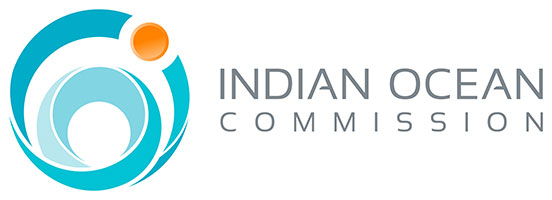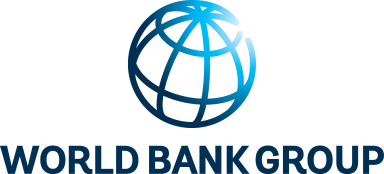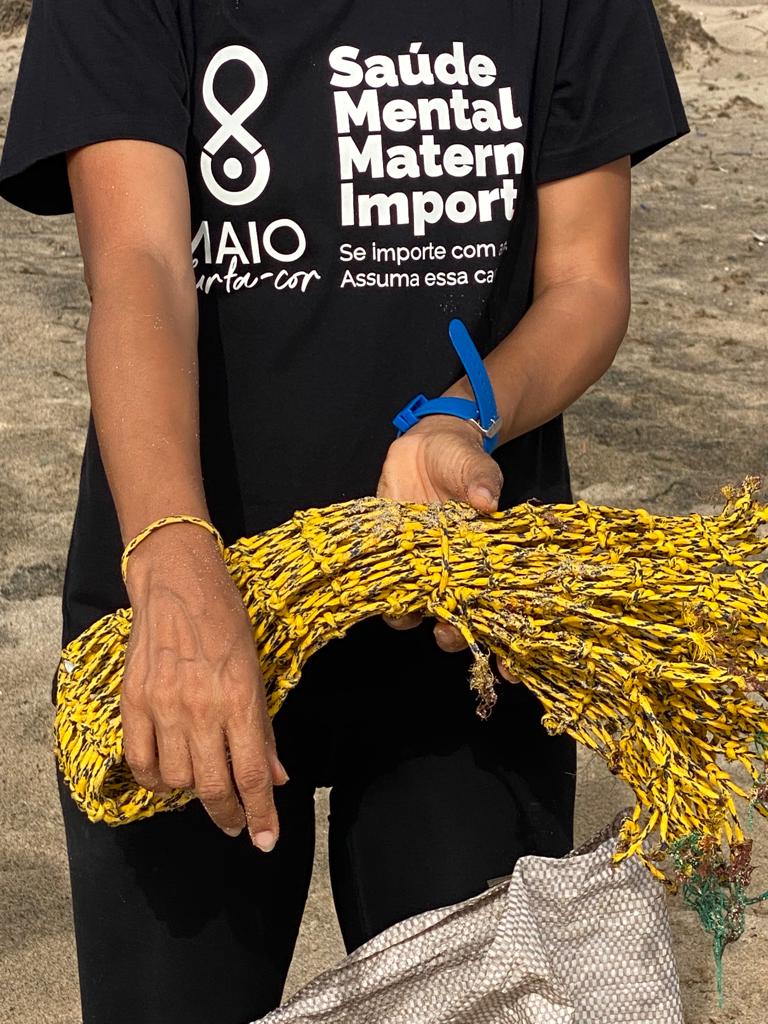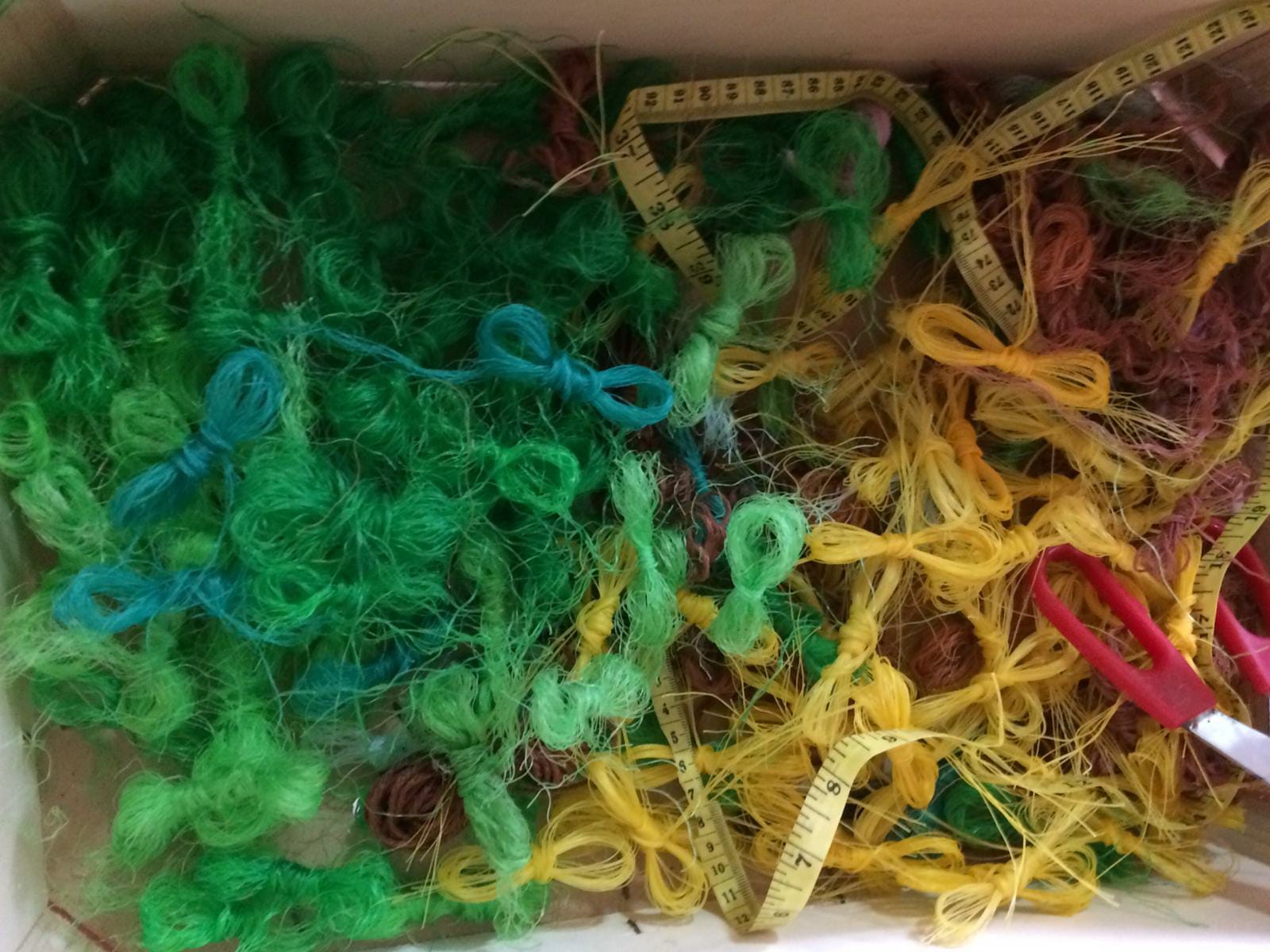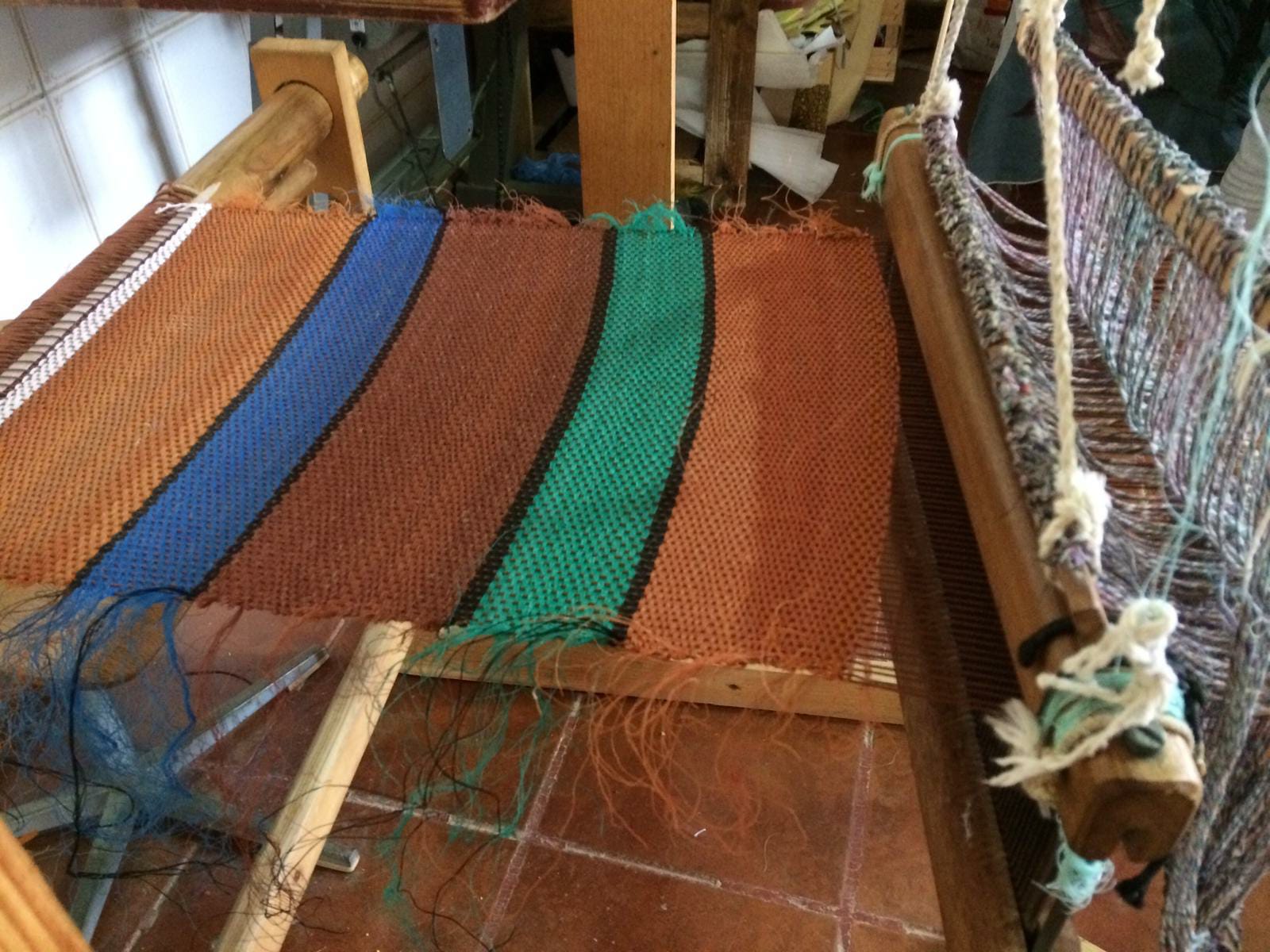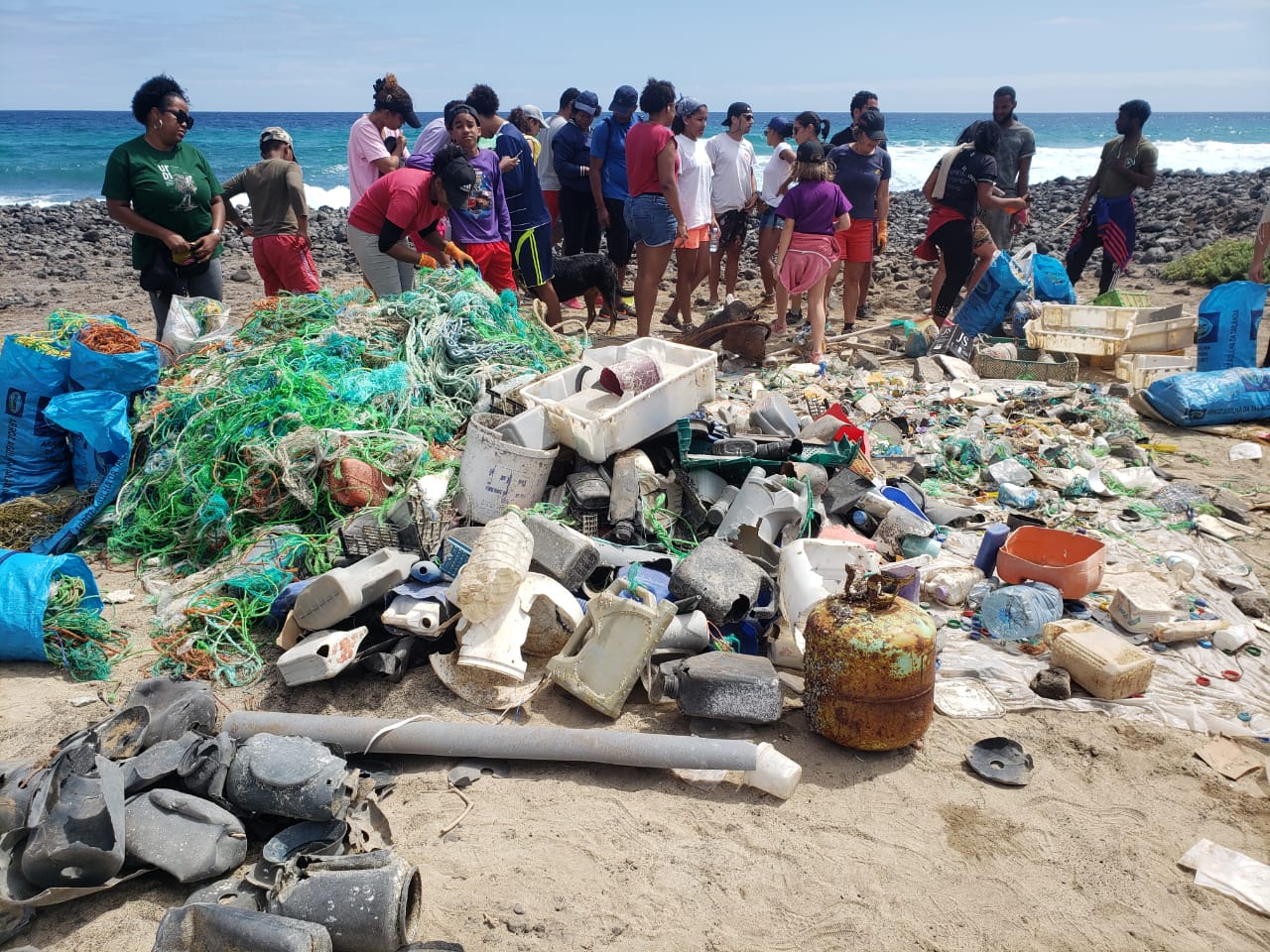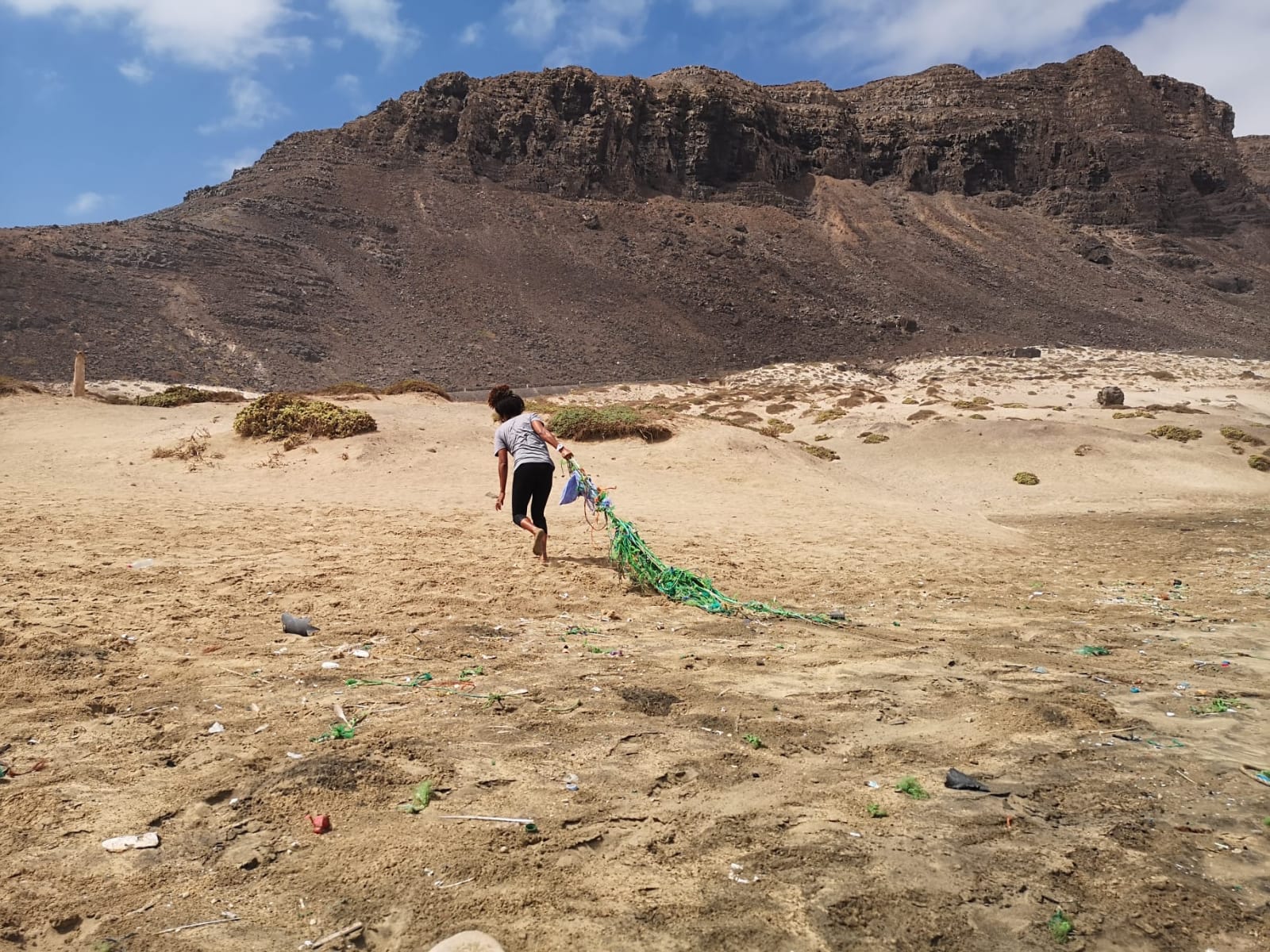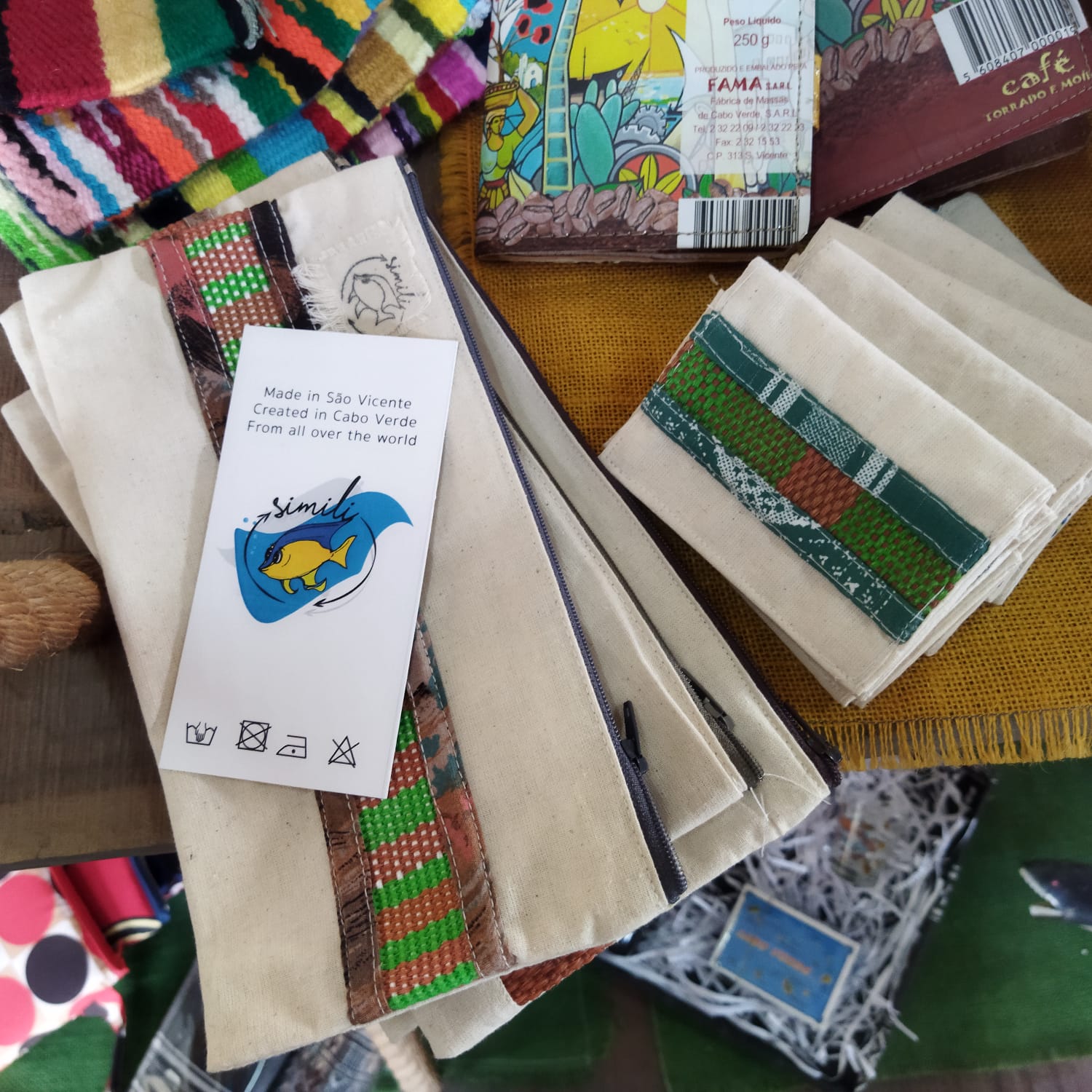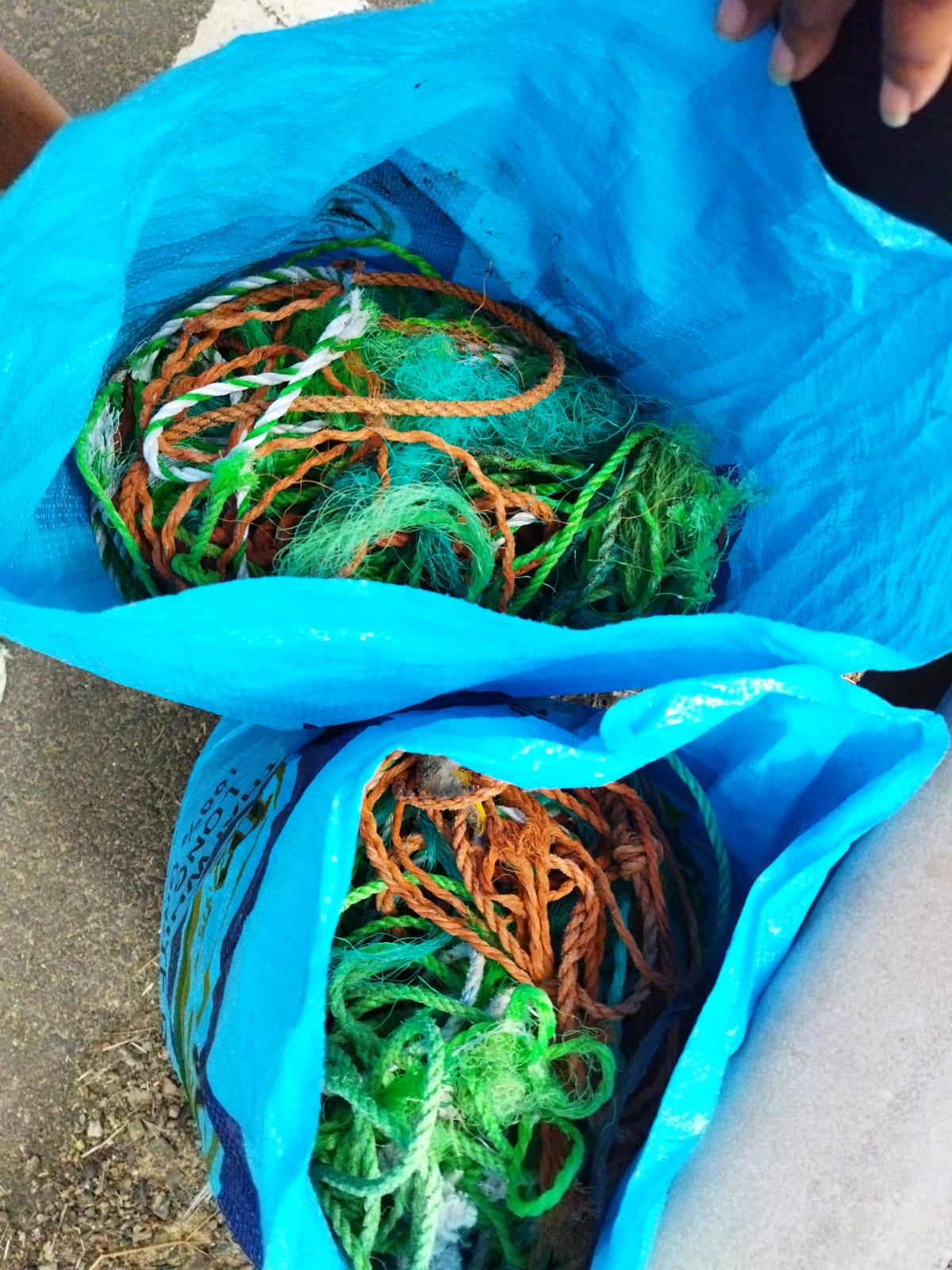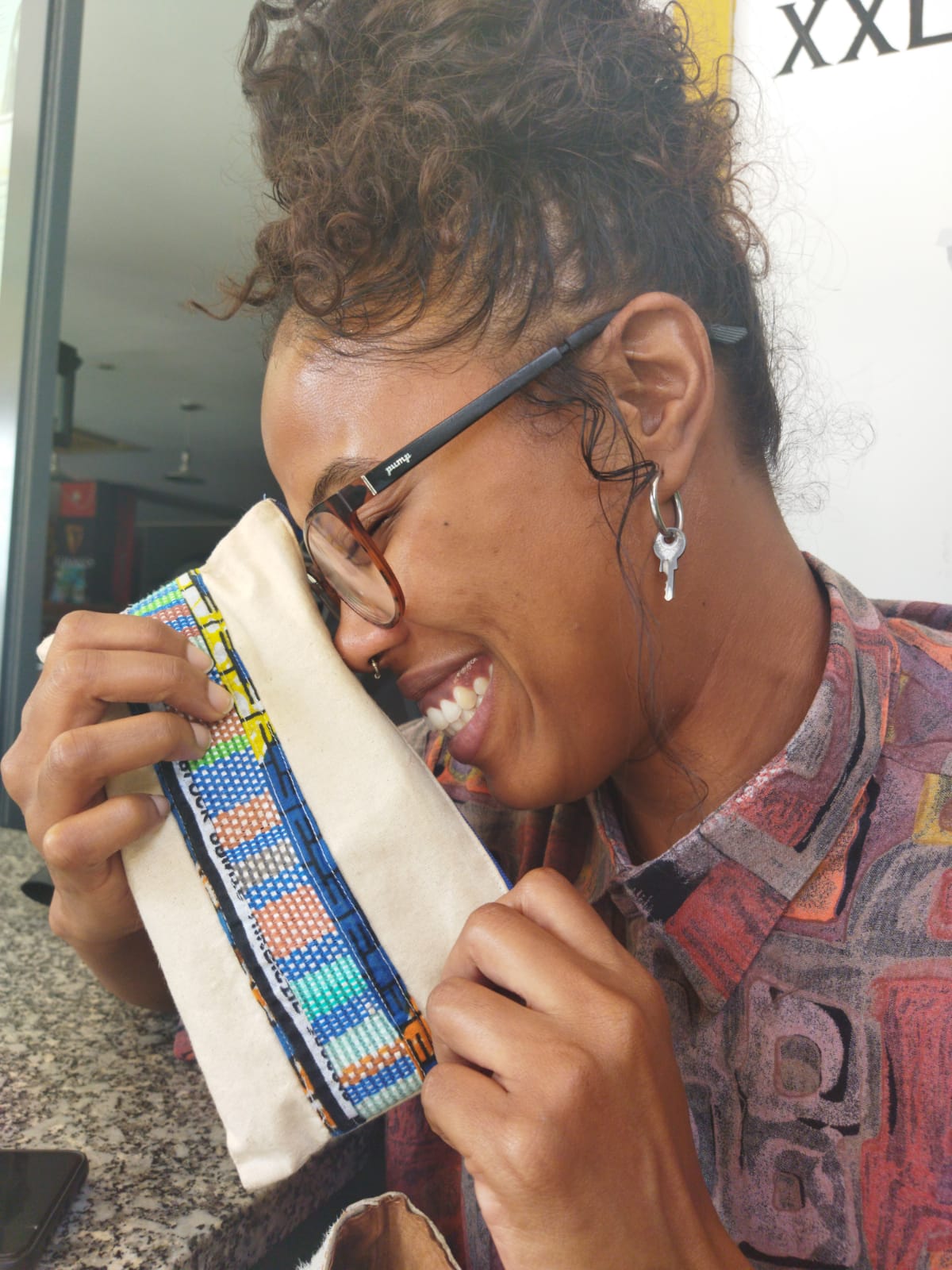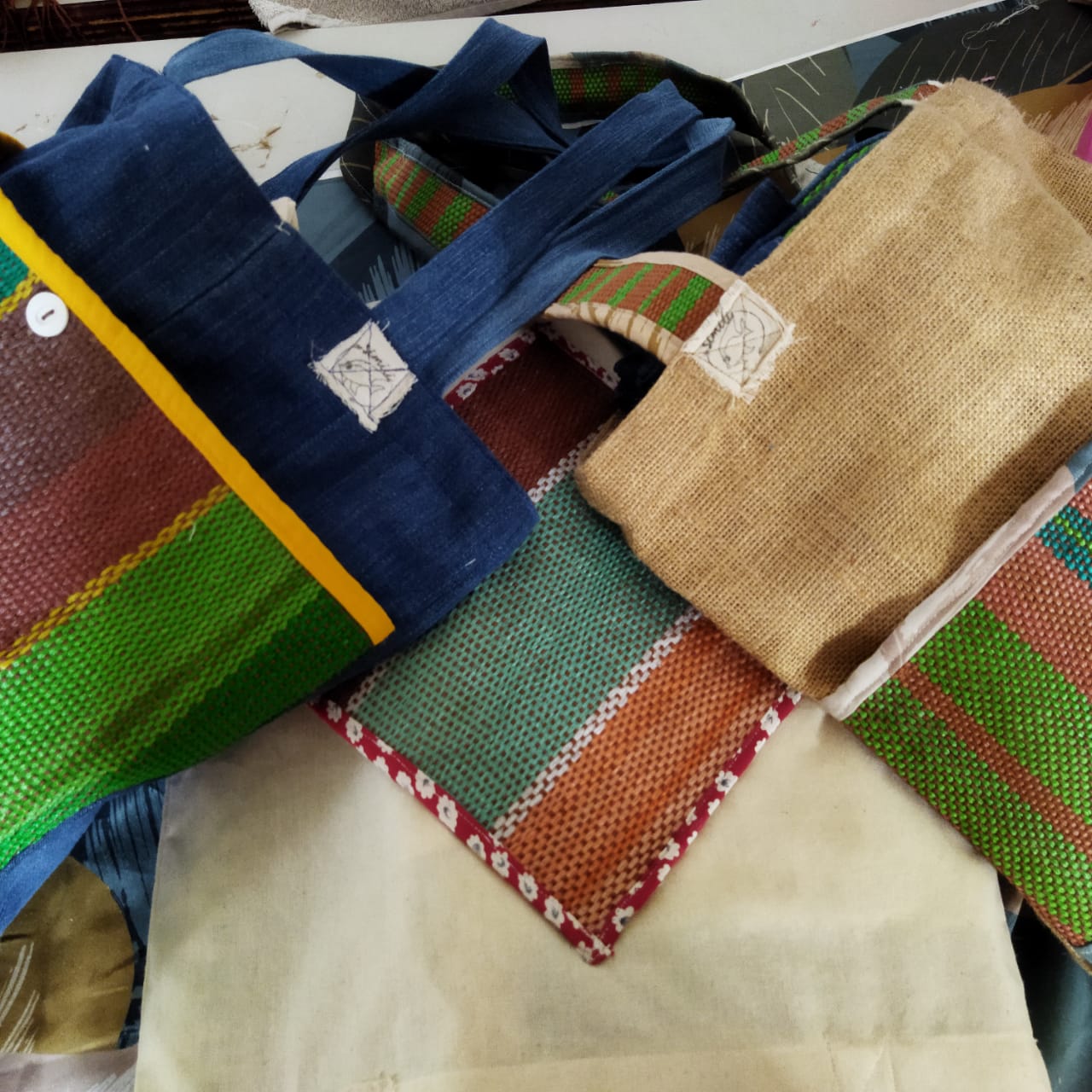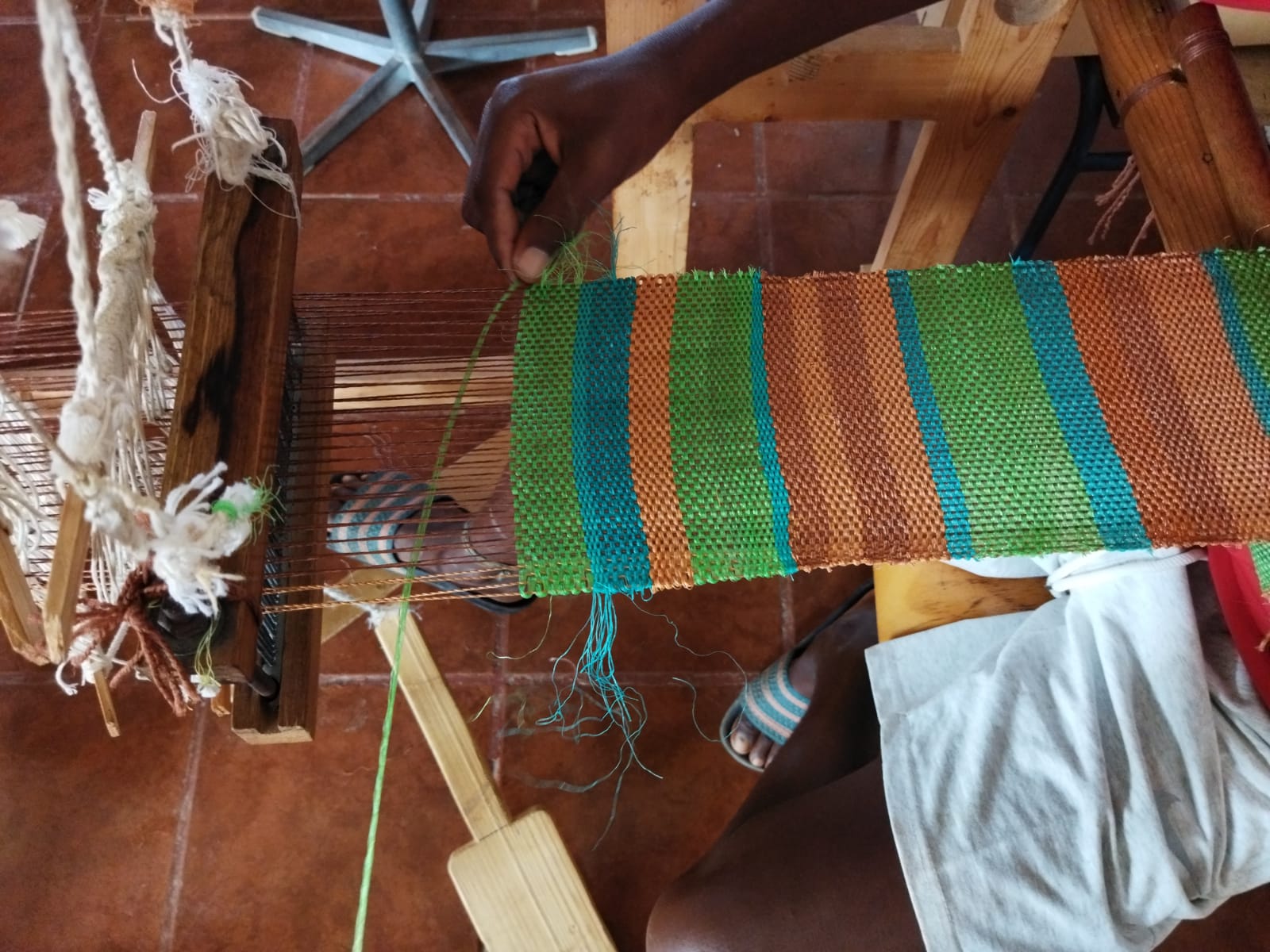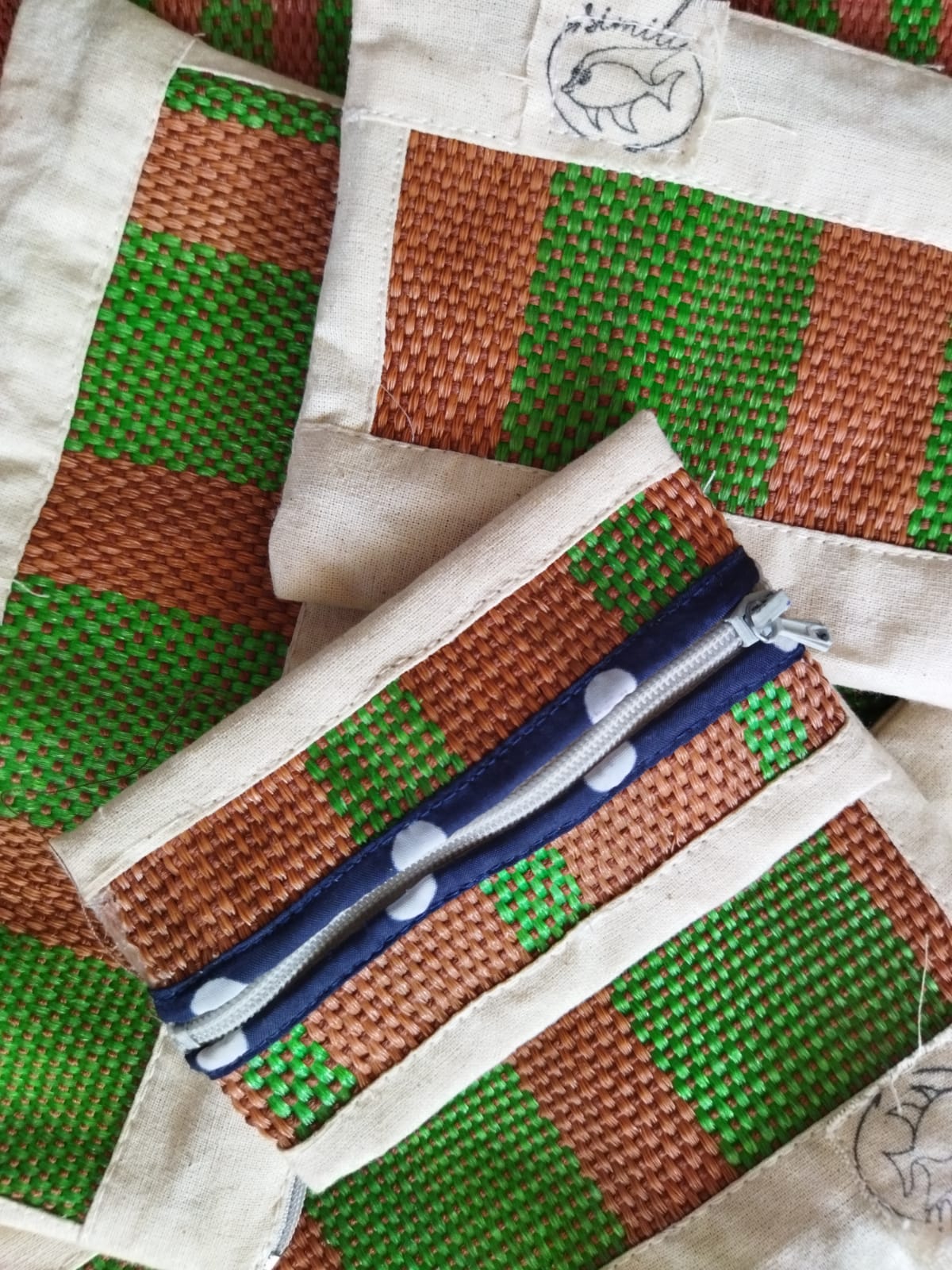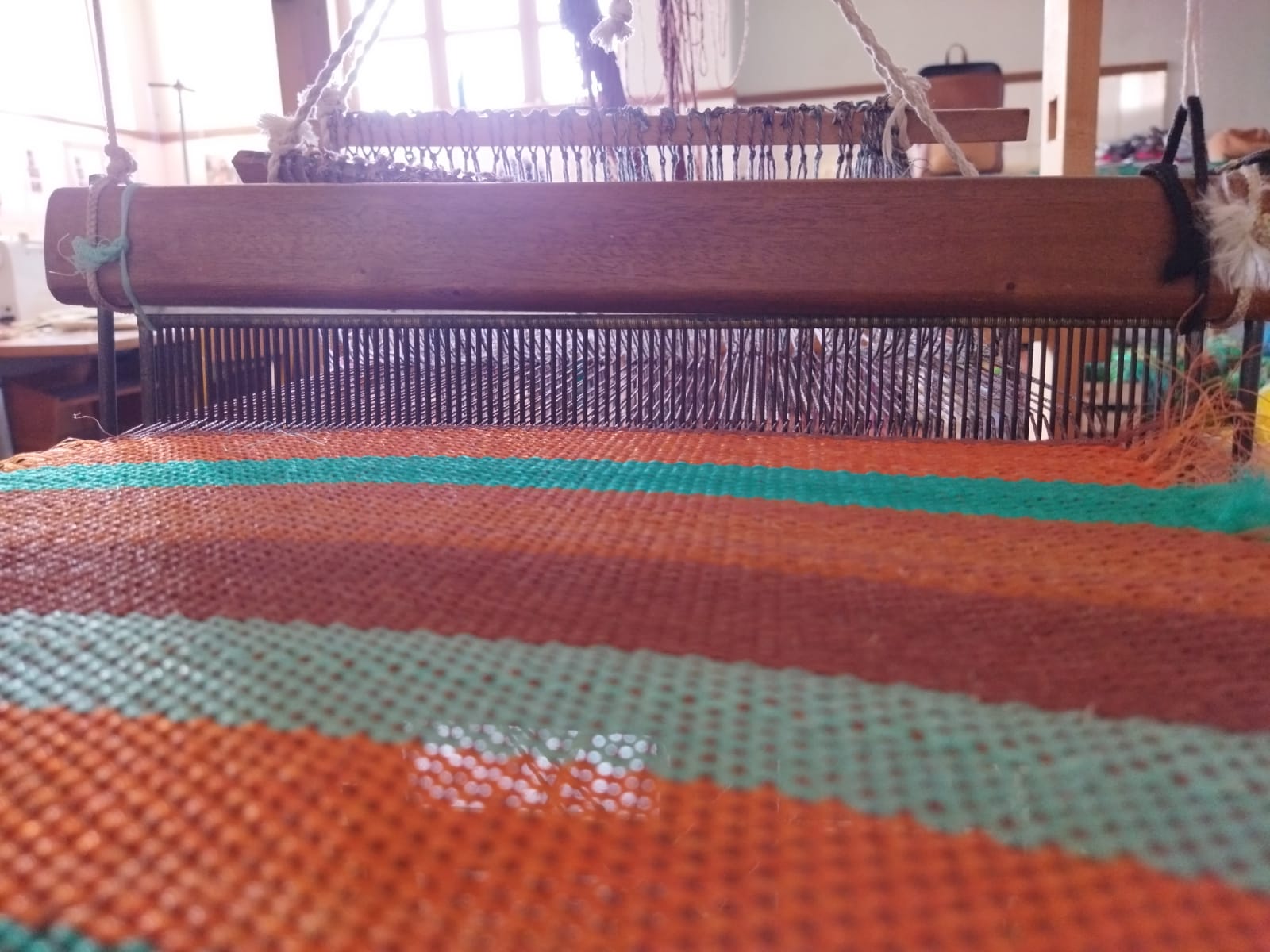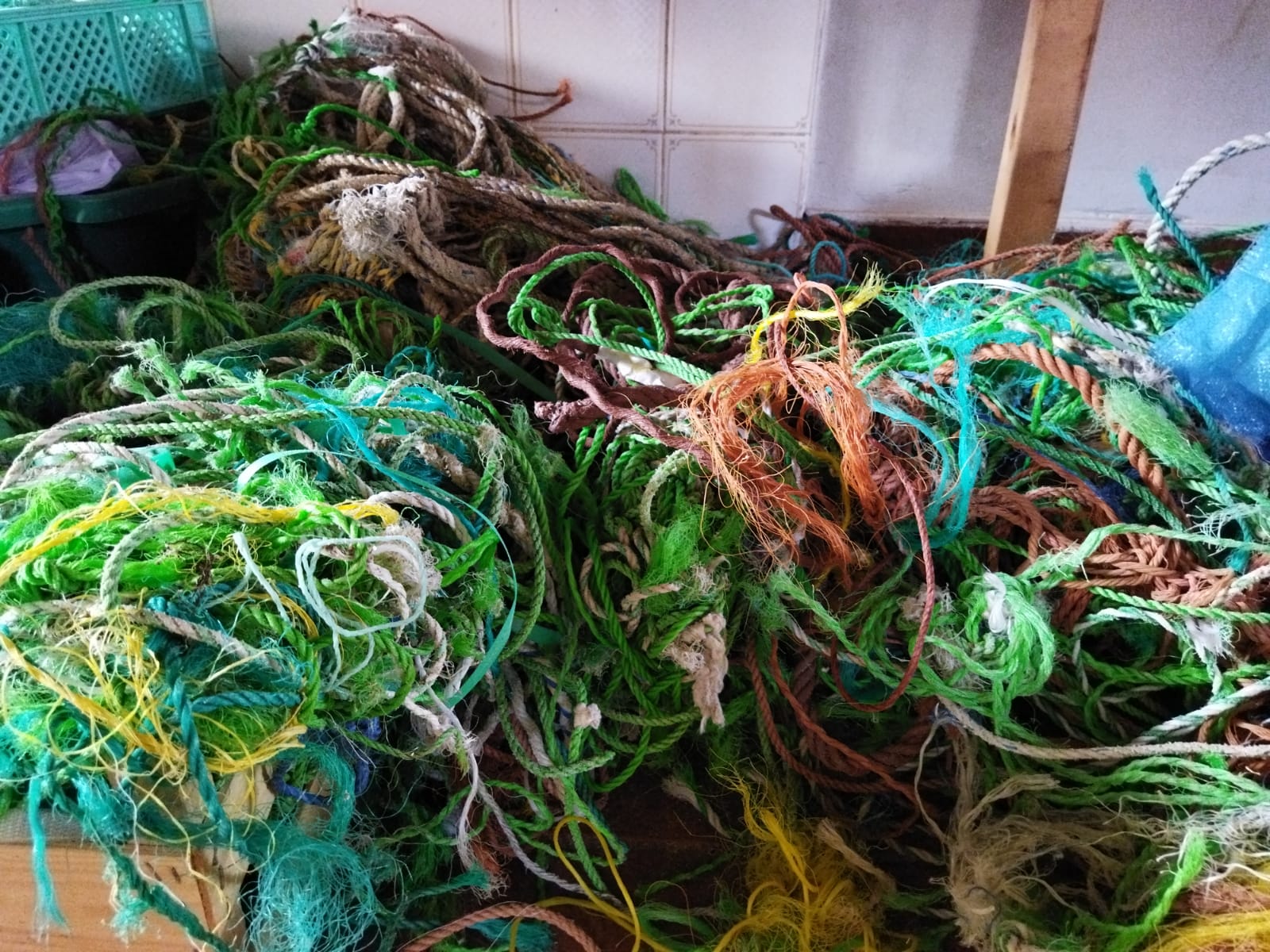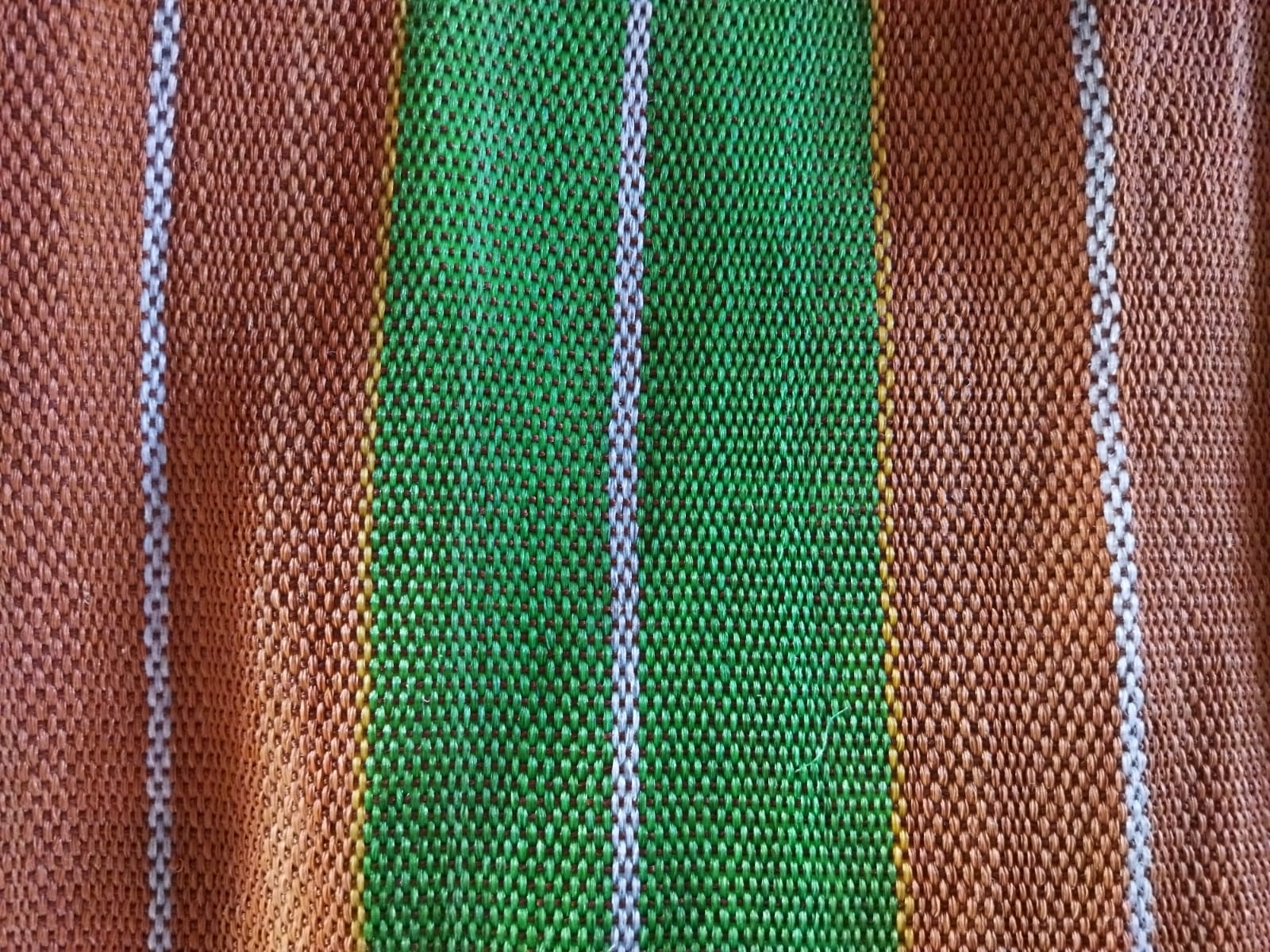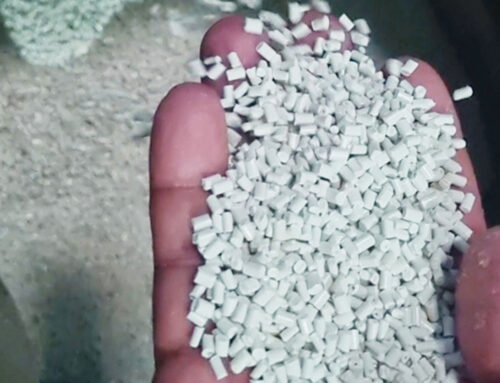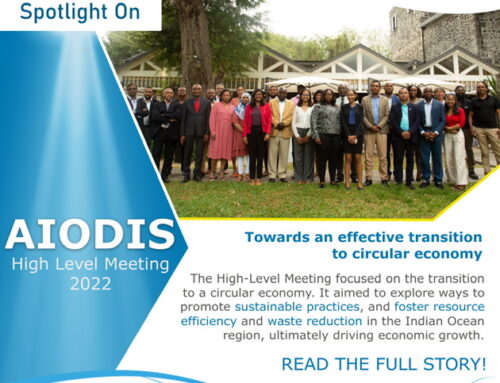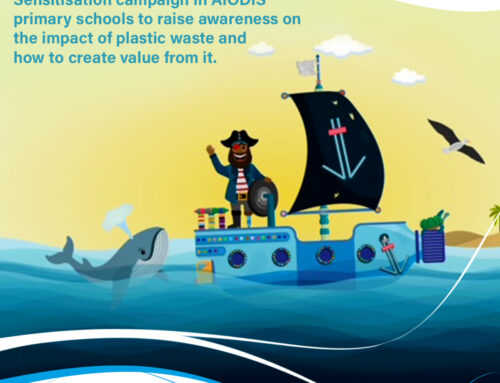The ocean’s trash can be another person’s treasure… This inspiring philosophy gave two women the idea of upcycling ocean waste to create original and useful products. Here is their story
An eco-friendly initiative
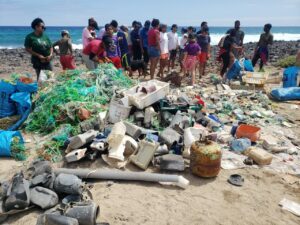
Based in Cabo Verde, Simili – Transformação e Reciclagem Lda is a small business with a vision: to create beautiful things out of love for the ocean.
Founded by Débora Roberto and Helena Moscoso, the company acknowledges the importance of a circular economy for a more sustainable future. The lack of recycling plants in Cabo Verde makes it hard to manage waste produced. As a result, trash is mainly burned or buried, creating hazards for the population and for the environment.
“We cannot continue to exploit resources like this as raw matter is getting more and more scarce. In the end, it can jeopardise all life on Earth,” highlights Helena Moscoso, co-founder of the company.
Hoping for a greener and sustainable future by using environment-friendly alternatives, she decided to collect trash from beaches and separate the fishing waste. Ropes and fishing nets are converted into sets of loom threads, which in turn are altered into fabric. Bags, wallets, pencil cases, and basic necessities like shoes are also crafted from this recycled fabric.
A recipe for success
Since its creation, Simili has known nothing but success. The project won the first prize of the Cape Verdean program PROMEB, which provided its startup funding. Simili was also nominated for the Blue Champion Award in 2019, which provided even more exposure to the project. Helena’s travel to Mauritius to present her project was supported by AIODIS.
In addition to providing eco-friendly “Made in Cabo Verde” bags made of fishnets, Simili also created jobs in a fishing village where job opportunities for women are limited. Empowerment of these women through education and training, access to equipment and adequate income, is one of Simili’s main purposes.
More to come
While the ideologies and activities of the project are greatly appreciated, Simili often struggles in obtaining more funding to expand and upgrade its activities. The start-up requires better infrastructure for its employees, as well as better means to collect more trash from the oceans. Employees are, for instance, anticipating a set of recycling machines to help them create other products out of plastic and other types of waste.
“We started with the fishing gears, but we want to take this idea much further! We can reduce imports in Cabo Verde by creating items made from its own waste,” concludes the co-founder.
An inspiring initiative that not only helps the environment, but also contributes to women empowerment and transition towards a more circular economy.
